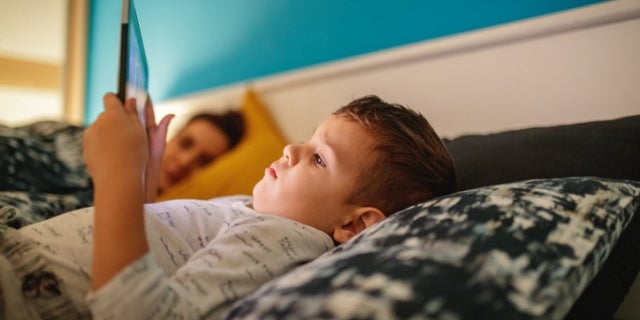Ready or not, daylight saving time is coming up on Sunday, March 14.
Setting those clocks forward to “spring” up an hour can be an adjustment in sleep schedules for adults, much less children. Michael Newnam, M.D., is a specialist in the diagnosis and treatment of sleep disorders with Oklahoma Heart Institute and director of sleep medicine at Hillcrest Medical Center and Hillcrest Hospital Cushing. Newnam said the most important element in adjusting to an altered sleep schedule comes down to one principle.
“The first thing is consistency,” Newnam said. “Sometimes we forget to keep kids on a fairly consistent time schedule for sleep. It’s created a real problem with virtual learning. A lot of times kids are going to bed later and getting up later because they’re not having to be at school in-person.”
About a week before the beginning of daylight saving time, Newnam suggested moving up bedtime up gradually, beginning with 15-20 minutes before normal time then continuing to move bedtime back throughout the remainder of the week.
“I would suggest parents gradually shift bedtime so it’s not just changing one hour the night before,” Newnam said.
The pandemic has also impacted children's sleep, according to Newnam. With schools meeting in-person, virtual or a blend of learning methods, sleep schedules have been altered in many situations. Inconsistent sleep schedules have also been the result of extended time at home and indoors due to quarantine.
“Still getting the child up at a regular routine is important, even if it’s virtual school,” Newnam said.
Here are a few other tips Newnam suggested for children struggling with a consistent sleep schedule:
• Adequate time of exposure to outside light – Melanin is produced through the skin through sun exposure and helps induce sleep.
• Adequate time of physical activity for child – The CDC recommends children and adolescents ages 6 through 17 years should have at least 60 minutes of moderate-to-vigorous physical activity each day.
• Shutting off electronics including phones/video games – The American Academy of Pediatrics has recommended no more than two hours of screen time per day for children and teenagers.
• Cutting down on caffeine drinks – The proliferation of energy drinks and coffee among children and adolescents have impacted sleep routines, according to Newnam. He recommended no caffeinated drinks 4-6 hours before bedtime.
• Avoiding daytime naps – While some may feel the need to take a snooze throughout the day while at home, Newnam said, “Daytime naps can actually add fatigue. You want to go ahead and push through and stay on a normal sleep schedule.”

